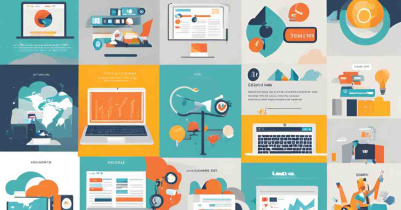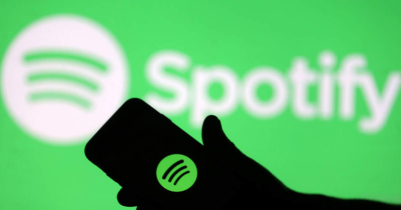Eye News Desk
News firms seek transparency, content use by AI makers

A group of the world's biggest news media organizations called for revised regulations on the use of copyrighted material by makers of artificial intelligence technology, according to an open letter published on Wednesday.
The note, signed by industry bodies like the News Media Alliance - which includes nearly 2,000 publications in the United States - and the European Publishers' Council, batted for a framework enabling media companies to "collectively negotiate" with AI model operators regarding the operators' use of their intellectual property.
"Generative AI and large language models ... disseminate that content and information to their users, often without any consideration of, remuneration to, or attribution to the original creators. Such practices undermine the media industry's core business models," according to the letter.
Services like OpenAI's ChatGPT and Google's Bard, which use the language producing generative AI, has led to a surge in online content produced by bots and several industries are assessing its impact on their businesses.
Most of those services do not disclose what inputs they have used to train their models, although with earlier versions of their models have said they used datasets comprising billions of pieces of information scraped from the internet for training, which include content from news websites.
Even as the technology sees wide adoption - several companies have launched features based on generative AI - governments around the world are still deliberating rules to govern its use.
The move echoes the news media industry' long-standing effort to secure favorable deals with tech companies like Meta Platforms and Alphabet, which are often accused by publishers of running platforms filled with news content without adequately sharing profits. US lawmakers this year are considering a bill called the Journalism Competition and Preservation Act, which allow news broadcasters and publishers with fewer than 1,500 full-time workers to jointly negotiate ad rates with the likes of Google and Facebook.
Meanwhile, news companies are beginning to experiment with generative AI and negotiate deals with tech companies for their content to be used to train AI models.
News agency Associated Press, one of the signatories of the letter, last month signed a deal with OpenAI to license a part of AP's archive of stories and explore generative AI's use in news. OpenAI also committed $5 million to the American Journalism Project (AJP) under a partnership that will look for ways to support local news through AI.
Read More
- 32 megapixel camera new phone Tecno Spark 10 Pro
- Google Bard now in Bangladesh
- Samsung Galaxy A54 5G: A perfect price fit!
- Tottering from Twitter to Threads
- Elon Musk`s SpaceX hires 14-year-old Bangladeshi-American Kairan
- Refreshing only increases the speed of the computer?
- Twitter lost a huge number of subscribers
- boAt products now officially available in Bangladesh
- The Godfather of AI quits Google; warns of impending danger
- 4 websites to track Cyclone Mocha in real-time






























